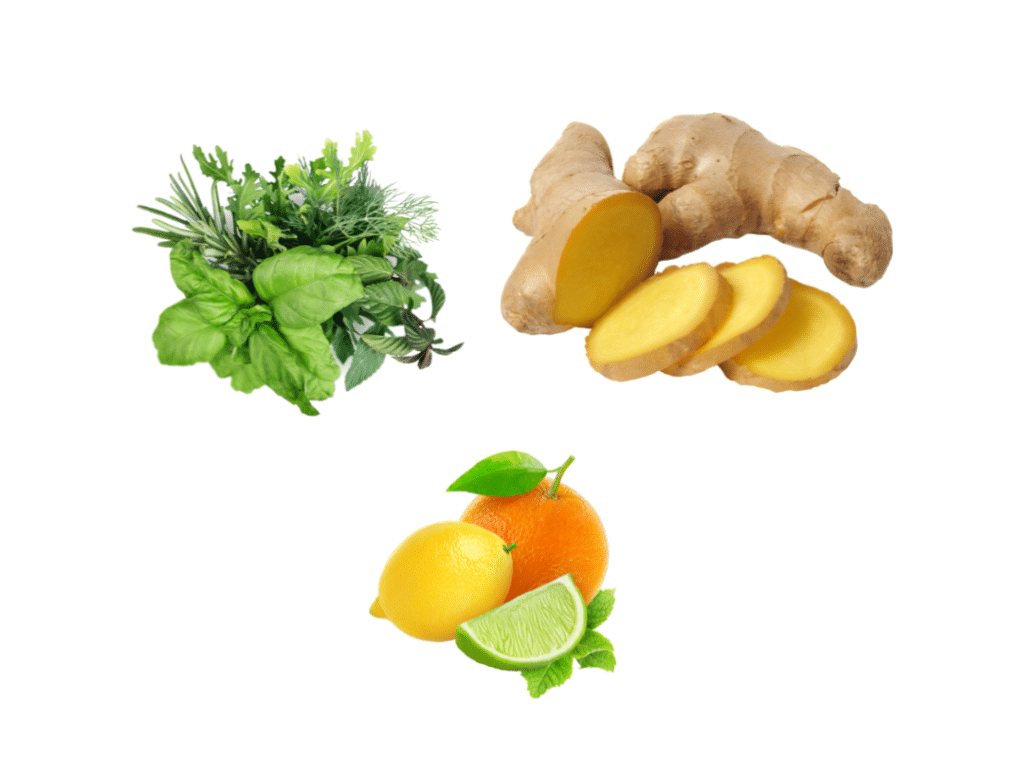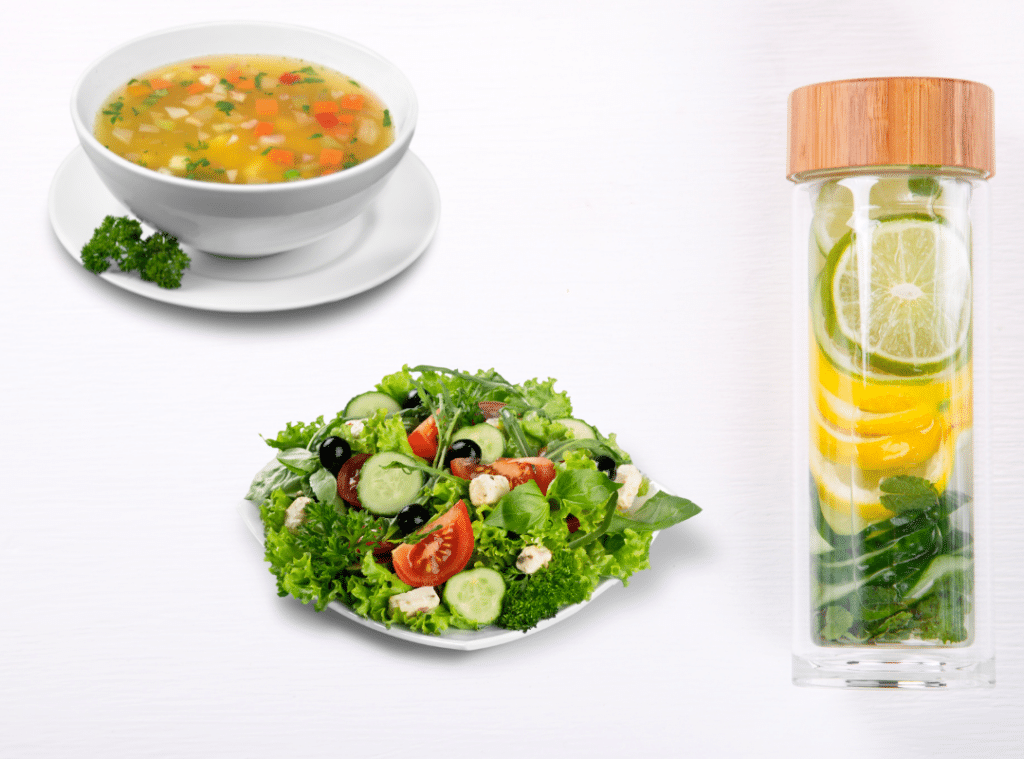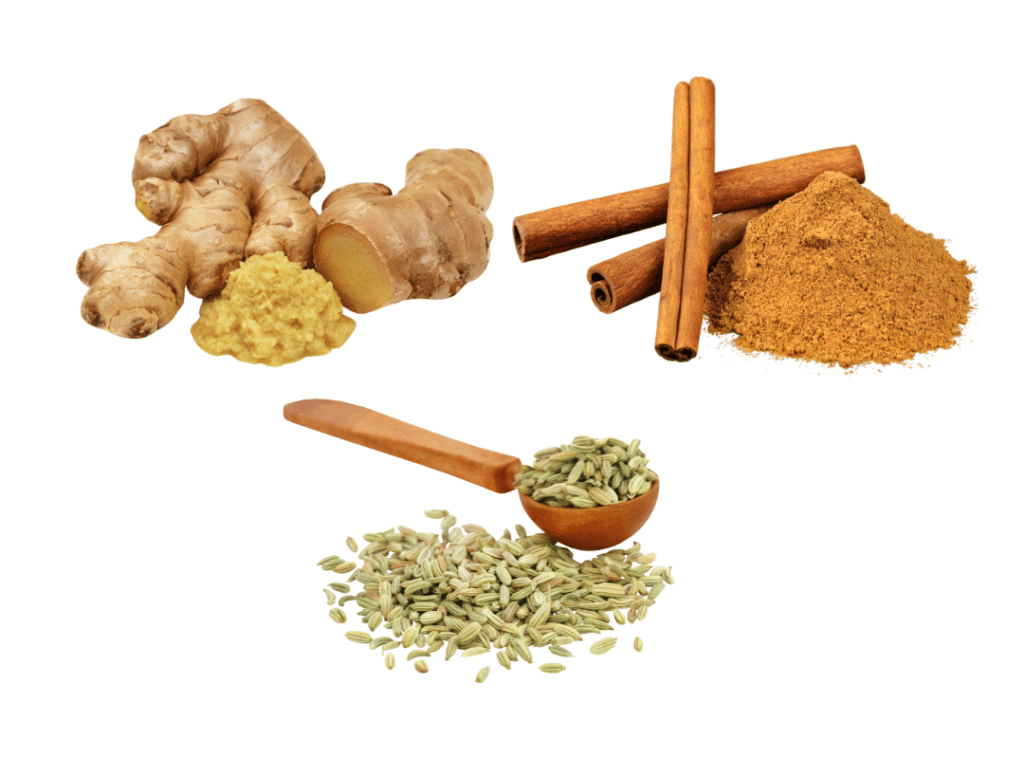You might find that encouraging better eating habits in the elderly requires a thoughtful approach, especially at Westmont of Cypress. Creating a pleasant mealtime atmosphere can make a significant difference, but it’s just the beginning. Consider how visual appeal and portion sizes can impact their appetite, and consider the role of social interactions during meals. Plus, there are natural ways to enhance flavor and stimulate hunger that you may not have tried yet. As you explore these strategies at Westmont of Cypress, you’ll uncover more effective methods to guarantee seniors get the nutrition they need. What could be next on this journey?
Appetite enhancer for the elderly
How can you help boost the appetite of elderly loved ones struggling with mealtime? Start by understanding that changes in appetite can stem from various factors, such as medical conditions, medications, or even emotional struggles.
It’s essential to consult a healthcare professional to identify any underlying issues.
Consider creating a pleasant mealtime environment once you’ve addressed potential health concerns. Serve visually appealing meals and arrange them artistically to stimulate interest.
Small, frequent meals can be less overwhelming, allowing them to enjoy food without feeling pressured.
Social interaction during meals enhances their experience, so they share stories or play soft music to create a relaxed atmosphere.
Encourage them to participate in meal planning, giving them a sense of control and ownership over their choices.
Don’t forget to offer easy-to-eat finger foods or nutrient-dense snacks throughout the day, making it convenient for them to graze. Additionally, prioritizing senior nutrition is crucial to ensure they receive essential nutrients that can help improve their overall health and appetite.
Appetite enhancers for the elderly
Finding ways to enhance the appetite of elderly loved ones can greatly improve their overall health and well-being. Start by identifying and addressing underlying health issues affecting their appetites, such as medication side effects or dental problems. Consult with healthcare professionals for tailored advice.
Creating a pleasant mealtime environment is also essential. Offer visually appealing meals and consider serving small, nutrient-dense portions to avoid overwhelming them. You might even bring in some enjoyable finger foods that are easy to eat.
A consistent eating routine can help trigger hunger signals, encouraging them to engage more enthusiastically with meals.
Social interaction can notably boost appetite, so invite family members or friends to share meals. This not only makes dining more enjoyable but can also foster a supportive atmosphere.
Additionally, keep hydration in check—encouraging water intake between meals can help maintain their appetite without filling them up too quickly. Incorporating tailored dietary plans can significantly enhance meal satisfaction and nutritional intake for seniors.

Natural appetite enhancers for the elderly
Incorporating natural appetite enhancers can greatly benefit elderly individuals struggling with their desire to eat. You can create an inviting dining experience using simple ingredients that stimulate the senses and promote hunger. Consider these natural enhancers:
- Fresh herbs like basil and cilantro add vibrant flavors and aromas.
- Citrus fruits such as oranges and lemons are now known for their refreshing taste and ability to brighten dishes.
- Ginger is a digestion-friendly spice that can enhance flavor and invigorate the palate.
Experimenting with these ingredients makes meals more enjoyable and helps combat the decline in taste buds that many seniors experience. Additionally, including fiber-rich foods can further enhance digestion and overall health, making meals more satisfying.
You might also want to prepare visually appealing meals—colorful salads or beautifully arranged plates.
Smaller, nutrient-dense portions can prevent overwhelming feelings and encourage more frequent eating.
Finally, creating a warm, social environment during mealtimes can make a significant difference. Sit together, share stories, and enjoy the flavors.
Appetite stimulant medication
Considering appetite stimulant medications can be an important step for elderly individuals struggling with reduced hunger.
If you’ve noticed a loved one losing interest in food or not eating enough, it might be time to discuss this option with their healthcare provider. Medications like megestrol acetate or dronabinol can help enhance appetite and encourage better nutrition. It’s also important to note that depression and memory loss can significantly affect eating habits and overall well-being.
It’s essential to approach this process with care.
Start by addressing any underlying health issues first, as these can greatly impact appetite.
Once you’ve ruled out other causes, a healthcare professional can evaluate whether an appetite stimulant is suitable. They’ll consider potential side effects, interactions with existing medications, and individual health conditions.

Foods that increase appetite
Regarding stimulating appetite in elderly individuals, certain foods can play an essential role in making meals more appealing and enjoyable. Incorporating flavorful, nutrient-dense options into their diet can help ignite interest in food.
Consider these delicious choices:
- Savory soups: Warm, rich broths loaded with vegetables and proteins provide comfort and entice.
- Colorful salads: Brightly colored fruits and vegetables tossed with a zesty dressing can make a meal visually appealing and stimulating.
- Herb-infused dishes: Fresh herbs like basil, rosemary, or cilantro can enhance flavors, making meals more tantalizing.
Additionally, textures matter. Offer a variety of crunchy, creamy, and soft foods to keep every meal interesting.
Remember, small, frequent meals might be more manageable. Encourage your loved one to savor these flavors in a relaxed setting, enhancing their dining experience.
With a little creativity and attention to presentation, you can help make mealtime a delightful occasion, nurturing both their taste buds and overall well-being.
Best appetite stimulant for the elderly
Finding the best appetite stimulant for elderly individuals can enhance their mealtime experience and overall health. One effective solution is to incorporate nutrient-dense foods that are easy to prepare and consume. Think of protein shakes or smoothies; they’re satisfying and packed with vitamins and minerals.
Another option is to explore using appetite-enhancing herbs and spices like ginger or basil. These can add flavor and excitement to meals, making food more appealing. Additionally, consider adjusting food temperatures, as warm meals often stimulate appetite more effectively than cold ones.
Creating a positive mealtime environment is also essential. Engaging seniors in social dining experiences with family or friends can encourage them to eat more. Establishing a regular meal schedule might also help signal hunger cues, making it easier for them to enjoy their food.
Lastly, always consult with healthcare professionals about medications that might suppress appetite. Addressing underlying issues can greatly improve their willingness to eat and overall well-being.

Natural appetite stimulant for the elderly
Natural appetite stimulants can enhance the dining experience for elderly individuals. Incorporating certain foods and herbs into their meals can help spark their interest in eating again. Here are a few natural options to contemplate:
- Ginger: Known for its digestive properties, ginger can help stimulate appetite and make meals more enjoyable.
- Fennel: This aromatic herb adds flavor and aids digestion, encouraging your loved one to eat more comfortably.
- Cinnamon: Sprinkling cinnamon on food can enhance sweetness and aroma, making meals more appealing.
You might also want to focus on the presentation of the meals. A colorful, visually appealing plate can entice seniors to eat more.
Remember, mealtime should be a pleasant experience, so contemplate creating a relaxed atmosphere with soft music or engaging conversation.
Lastly, encourage hydration between meals to avoid feeling too full. By making these small adjustments, you can create an inviting dining experience that promotes better eating habits for elderly individuals.
Appetite stimulant for elderly with dementia
How can you effectively stimulate the appetite of elderly individuals with dementia? Start by creating a comforting and familiar mealtime environment. Use soft lighting and play gentle music to reduce anxiety and promote relaxation.
Present visually appealing meals that are colorful and easy to eat, as dementia can affect taste perception. Consider incorporating foods with strong, pleasant aromas to entice their senses.
Establish a consistent mealtime routine to help trigger hunger signals. Serve small, nutrient-dense portions to avoid overwhelming them, and offer finger foods that are easy to handle.
Encourage social interaction during meals; eating together can foster community and enjoyment.
Monitor hydration closely, as dehydration can diminish appetite. Offer water or hydrating snacks between meals to keep them refreshed without filling them up. If they’re struggling, consider providing protein shakes or nutrient-rich soups to guarantee they receive essential nutrients.
Finally, always be patient and attentive. Recognize their preferences and encourage independence in choosing meals.

Food for the elderly with no appetite
Encouraging elderly individuals with little to no appetite can be challenging, especially when they might already be dealing with cognitive issues like dementia. To help spark their interest in food, focus on offering visually appealing and easy-to-eat options. Here are some ideas to contemplate:
- Brightly colored fruits and veggies: Think vibrant berries or crunchy bell peppers that catch the eye.
- Savory soups and smoothies: Warm, nutrient-rich or creamy smoothies can be comforting and easy to consume.
- Finger foods: Items like cheese cubes, mini sandwiches, or bite-sized fruits allow for a more casual eating experience.
It’s essential to create a pleasant environment that promotes mealtime enjoyment.
Try to eliminate distractions and incorporate soft music to enhance the atmosphere. Serving small portions can make meals feel less overwhelming while establishing regular meal times can help trigger hunger signals.
Treatment for loss of appetite in elderly
Loss of appetite in elderly individuals can feel frustrating for both them and their caregivers, but there are effective treatments you can explore to help reignite their interest in food.
Start by consulting a healthcare professional to identify any underlying medical issues or medication side effects affecting their appetite. Addressing these root causes can greatly improve their eating habits.
Establishing a consistent meal routine also helps. Regular meal times signal the body to expect food, making it easier to generate hunger signals. Serve small, nutrient-dense meals that are visually appealing and easy to eat. You might consider finger foods or nutrient-rich smoothies as alternatives to solid meals.
Creating a pleasant dining atmosphere is essential, too. Encourage social interactions during meals by inviting family or friends to join. This can make mealtime more enjoyable and less isolating.
Finally, don’t forget the importance of hydration. Offer water between meals to maintain hydration without overwhelming their appetite. By taking these steps, you can create a supportive environment that promotes better eating habits for elderly individuals.

Natural appetite stimulant for adults
Finding effective ways to stimulate appetite can be particularly beneficial for adults experiencing decreased interest in food.
Natural appetite stimulants can enhance the dining experience and encourage better nutrition. Here are some options you can explore:
- Aromatic herbs and spices: Incorporate flavors like basil, rosemary, and ginger to entice the senses.
- Citrus fruits: Fresh oranges or lemon juice can invigorate taste buds and make meals more appealing.
- Small, visually appealing snacks: Arrange colorful fruits and nuts on a plate to stimulate interest.
Creating a pleasant environment and appealing food choices can make a significant difference.
You might also consider incorporating light physical activity before meals to boost hunger. Encourage social dining experiences, as sharing meals with others can enhance the enjoyment of food.
If you’re caring for someone, remember that attractively presenting meals can also spark interest.
In the quest to enhance appetite in the elderly, remember that small changes can lead to remarkable results. Picture a vibrant table at Westmont of Cypress, filled with colorful dishes and the laughter of loved ones, creating a warm, inviting atmosphere. As you explore natural appetite enhancers and consider medication when necessary, you’ll uncover ways to spark joy and nourishment. By fostering these delightful mealtime experiences, you’ll awaken their appetite and nourish their spirits, ensuring they thrive. For more information or assistance, feel free to contact us at 714-252-7144.
Discover the level of care you or your family member requires. What Level of Care Do You Need?
Questions on Appetite Stimulants for Seniors
- What is the best appetite stimulant for seniors?
The best appetite stimulant for seniors depends on the individual’s health conditions and nutritional needs. Natural options like nutrient-dense small meals, flavor enhancers, and herbal remedies like ginger can be effective. If natural methods don’t suffice, prescription options, like megestrol acetate or mirtazapine, may be used under medical supervision. - What drugs are used to increase appetite in the elderly?
Common drugs to boost appetite in elderly individuals include megestrol acetate, mirtazapine, and dronabinol. These medications work differently to stimulate appetite, and due to potential side effects, they should only be used under the guidance of a healthcare provider. - How can appetite be restored in the elderly?
Appetite restoration in the elderly often starts with identifying underlying causes, such as medication side effects, depression, or illness. Providing nutrient-dense meals, encouraging physical activity, and addressing hydration levels can help. In some cases, a healthcare professional may recommend appetite stimulants or supplements. - Are appetite stimulants safe for the elderly?
Appetite stimulants can be safe for the elderly when used appropriately and under a doctor’s supervision. However, they may carry risks such as fluid retention, blood sugar changes, or interactions with existing medications. It’s essential to weigh the benefits against potential side effects with a healthcare provider.








